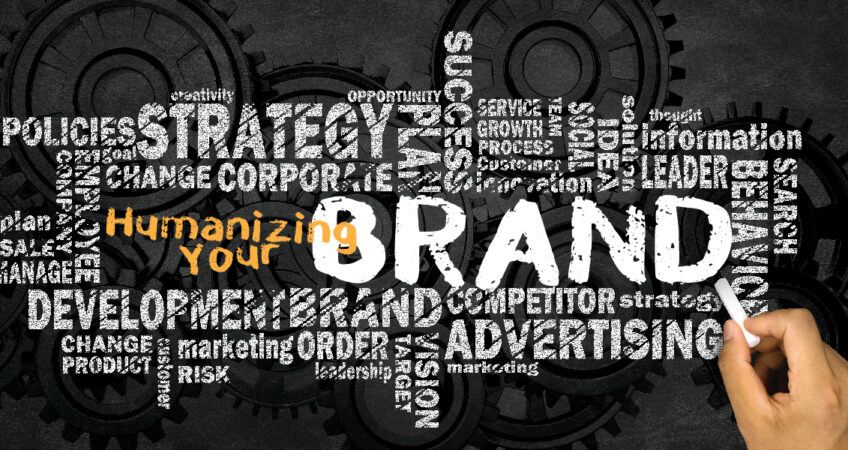
Humanizing Your Brand
There’s a lot that goes into making sure that your brand is more than just a balance sheet. Sure, there are internal conversations with your employees and updated communications plans that accurately reflect who you are and what you do, but all of these things should be driven by a user-centric way of thinking that can be seen in all aspects of your company culture.
And when it comes to humanizing your brand, there’s nothing worse than making promises you can’t deliver on. If your company brags about flexibility, for instance, but your customer service interactions would lead people to believe the opposite, that’s an expectation gap that is only going to widen and become more of a disconnect for future users.
There are lots of ways to make sure that the story you’re telling is true to the way you do business, and a lot of companies have been able to do this successfully. Nike is a great example. Nobody tells a better story, and nobody does a better job of putting authenticity at the top of their priority list.
Nike has always been a symbol of aspirations and achievement, and the way it has chosen to tell that story through the perspective of some of the most successful athletes of our time and their own personal brands is truly one-of-a-kind.
It would probably be fair to say that this strategy really started with Michael Jordan in 1984. At the time, Nike was mostly known for running shoes, and wasn’t anywhere near being the global style icon it is now. The now iconic Air Jordan line didn’t just reflect the rookie’s style and relentless pursuit of excellence, lots of the design and marketing around the shoes came directly from Jordan’s input. The product was genuine, and allowed fans to feel like they were a part of not only his journey in the NBA, but could now see themselves reaching new heights, all because of a pair of shoes.
Nike has succeeded in continuing that culture of authentic inspiration and partnership with the next generation of sports heroes, including Serena Williams, LeBron James, Kevin Durant, and now NCAA superstar Caitlin Clark, who just signed an eight-year, $28 million dollar deal to get her own sneaker, according to recent reporting.
Continuous adaptation and a real focus on understanding where your customers interests lie in the present moment is something Nike has always been good at.
For example, if you told someone even just five years ago that one of the most popular basketball players in 2024 would be a 22-year-old woman from Des Moines, Iowa, you’d probably get a lot of confused looks. Now, she has secured the most lucrative endorsement deal for a women’s basketball player of all time – and Nike saw her coming, even before Indiana Fever scouts. Prior to signing the deal, she already had a name, image and likeness agreement with Nike during her time playing at Iowa.
This is all well and good, but how can you take a cue from Nike and put your money where your mouth is? Ensuring that your business doesn’t just talk the talk, but actually walks the walk is easier said than done.
What we know for sure is that behavior is the most critical aspect of how someone rates their customer experience. If your words (or the language you use to define yourself in advertising material, on social media, etc.) doesn’t match up to the real experience of interacting with the company, people are going to pick up on the fact that there’s something shifty going on.
It’s easiest to imagine this principle by putting yourself in a situation with real people, instead of the more abstract idea of a company.
Let’s say that you hire someone to work for you, and find out they lied on their resume – not just the special skills section, but something really big, like they don’t actually have a degree in what they claimed to. Immediately, alarm bells would go off. If they lied about that, what else might they be hiding? How can you trust them with important tasks, or sensitive company data?Those are valid concerns, and it would undoubtedly change your opinion of this person, even if every other interaction had been nothing but nice.
Your brand is who you are, in the eyes of customers, employees, investors, and everyone in between. It’s imperative that you nurture those relationships, and truly listen to the concerns of the people you exist to serve.
Humanizing your brand is more than writing snappy and “relatable” copy. It’s more than keeping up with trends, or claiming to be “a family” on your website’s About page.
When your team and your target audience really feels connected with you on a personal level, your brand can successfully fulfill its promises and reach its full potential.
Are you ready to work with an ad agency that can help you bring some humanity to your branding? Shoot us a message, and we’ll get back to you.
